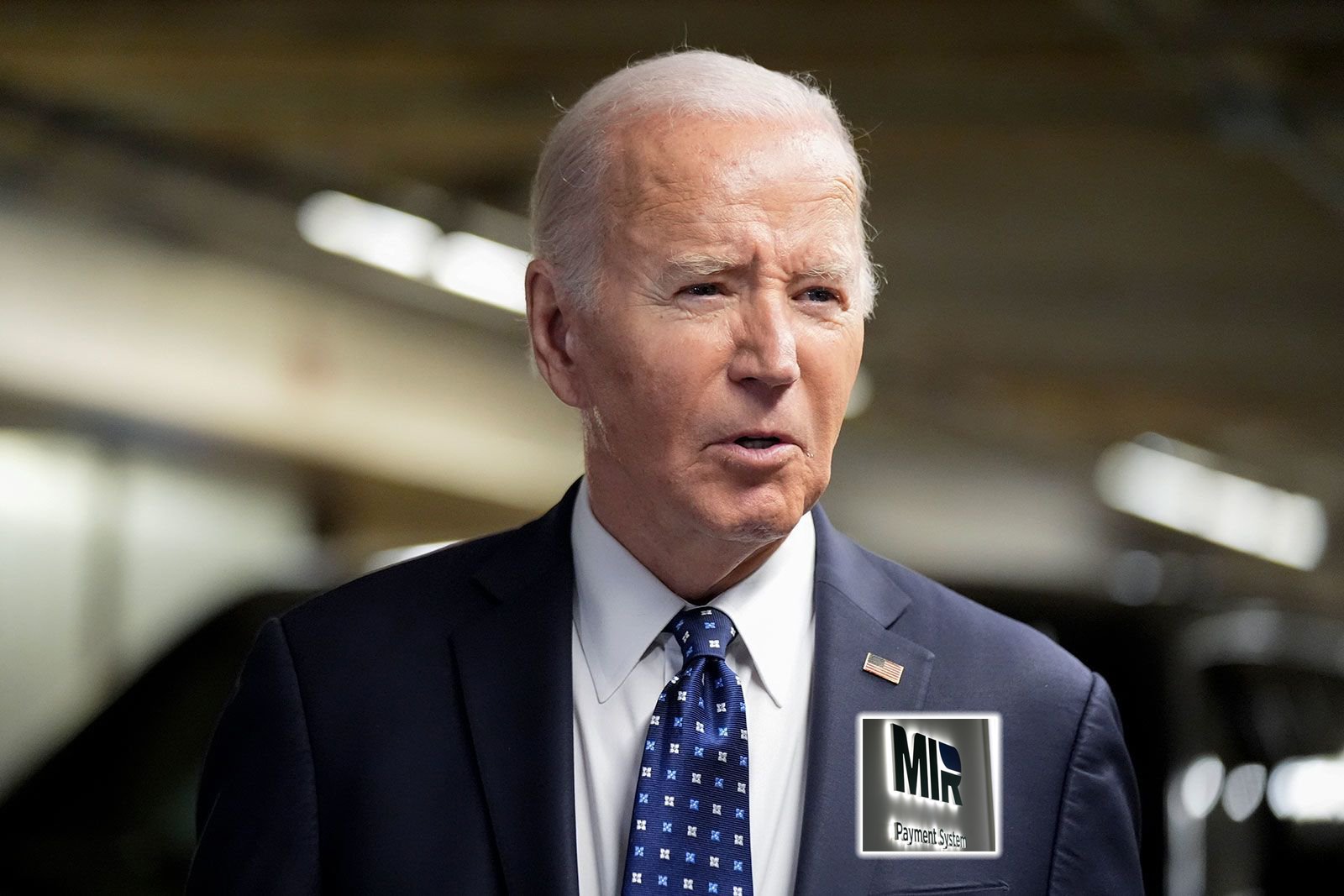The operator of the Russian payment system Mir has found itself on the updated US sanctions list, comprising “more than 500 targets,” coinciding with the second anniversary of the military operation in Ukraine. The National Payment Card System (NSPK), the operator of Mir, has assured that its operations within Russia will proceed as usual, with no anticipated changes for clients. Foreign banks, however, will independently determine whether to service Russian cards.
The US Treasury Department, through the Office of Foreign Assets Control (OFAC), has targeted Russia’s core financial infrastructure, including the Mir payment system operator, along with Russian banks, investment firms, and financial technology companies, as stated in their official release.
The Ministry of Finance did not specify the grounds for imposing these restrictions, noting that this is the largest number of sanctions introduced since the beginning of the military operation in February 2022.
Initially designed for use exclusively in Russia, the Mir card was created as an alternative when Visa and Mastercard suspended operations in the Russian Federation in March 2022. According to the Central Bank, Mir card transactions constituted 52.5% of the total volume of transactions in Russia in the first nine months of 2023.
Mir cards are currently operational in Armenia, Belarus, Vietnam, Kazakhstan, Kyrgyzstan, and Tajikistan, but they are not universally accepted abroad.
The NSPK has affirmed that the sanctions will not impact the operation of payment services within Russia. The Mir payment system’s services and transactions through the Fast Payment System will continue without disruption, according to the NSPK press service. They reassured that transactions on cards of international payment systems issued by Russian banks will also proceed as usual.
The NSPK emphasized that decisions on accepting Mir cards in their infrastructure lie with foreign banks, and there are no restrictions on working with foreign partners.
The US Treasury, in collaboration with the State Department, imposed sanctions on over 500 targets, with additional restrictions by the Department of Commerce affecting 93 companies, including 63 Russian ones. The remaining companies are registered in China, Turkey, UAE, Kyrgyzstan, India, and South Korea.
Credit organizations such as St. Petersburg Bank, Bystrobank, Morskoy Bank, International Financial Club, Izhkombank, Chelindbank, RostFinancebank, Regional Credit, and Modulbank are now on the SDN list. Sanctions also extend to various industries, including the Aurus car manufacturer, PIK group, Pipe Metallurgical Company, Geopromining, Elbrus Capital, Siberian Coal Energy Company, Rosgeologia, Yuzhuralzoloto, NOVATEK-Murmansk, Transcontainer, Almazuvelirexport, SEZ Alabuga, Ruskhimallians, OKB Sukhoi, Uraltransmash, Imperial Tula Arms Plant, and others.
Russian officials and businessmen, such as the deputy director of the FSIN Valery Boyarinev, the head of the FSIN department for the Yamalo-Nenets Autonomous Okrug Igor Rakitin, and officials from the Kherson and Kharkov regions, have also faced US sanctions.
The first reaction from Boris Gryzlov, the Russian Ambassador to Belarus, suggests that these sanctions have lost their meaning and highlight the perceived powerlessness of the West. Gryzlov stated that while Russia and its partners are working to shape a new, fair world order, the West is only “engaged in scribbling paper.”
For more updates from the world of business, stay tuned to MegaloPreneur Magazine.


